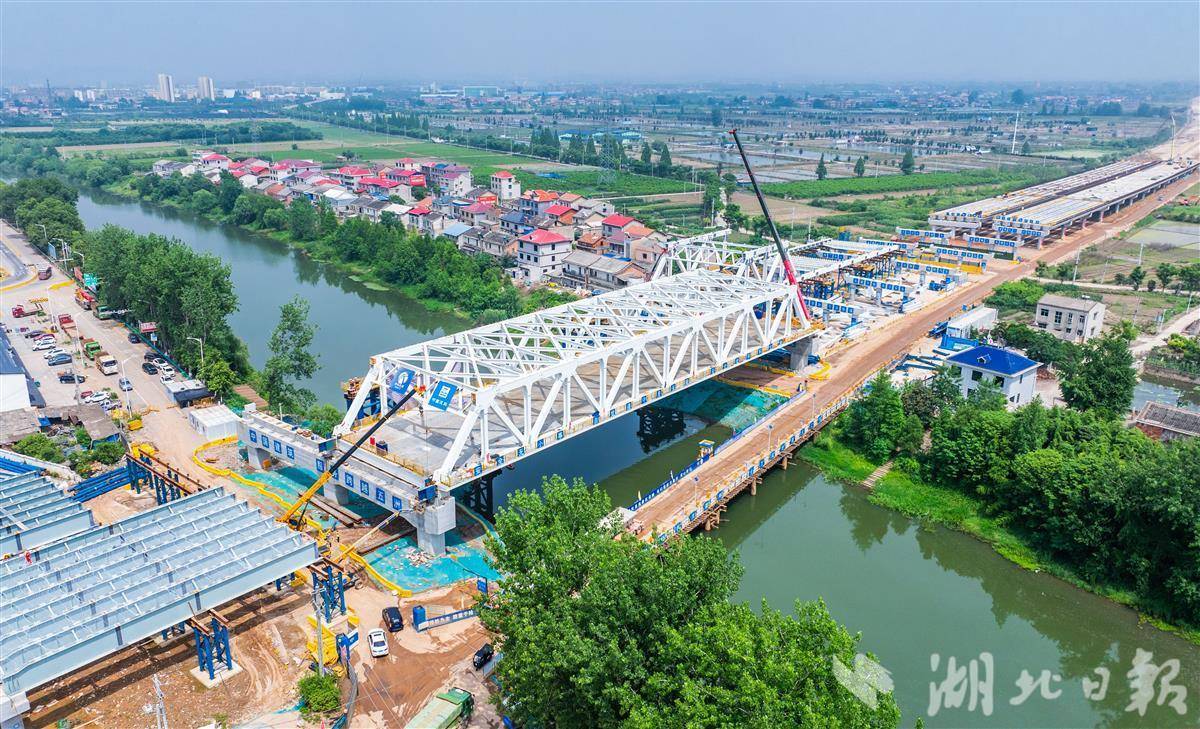China's sacrifices should always be remembered
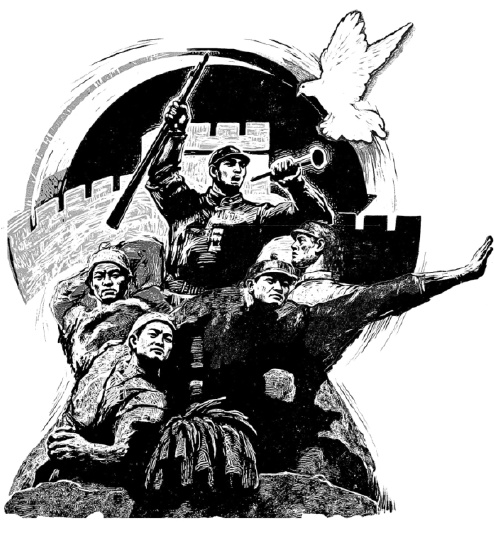
MA XUEJING/CHINA DAILY。
Editor's note:。With global tensions rising and regional conflicts showing no signs of ending, it has become more urgent than ever to understand the root causes of war. Wang Jianlang, president of the Chinese Society for the History of the War of Resistance Against Japanese Aggression, reflects on some overlooked aspects of World War II — its real starting point, China's under-recognized contribution, and why the principle of "indivisible peace" remains vital today. Wang also warns against populism and historical amnesia in an in-depth conversation with China Daily's Liu Jianna for Dialogues with Thinkers, China Daily's high-end interview program. Following are excerpts from the interview:。
Q1: How should the world reflect on World War II amid the ongoing regional conflicts in order to prevent new wars?
A: We are witnessing a turbulent era of global change. While we may not yet be on the brink of a third world war, the current global environment is arguably the most chaotic in the 80 years since the end of World War II. International rules and norms are being repeatedly violated, increasing the risks of a global war.。
In such times, it is crucial to learn from the experiences of World War II. The prelude to that war showed how incremental aggression, if unchecked, could spiral into a global catastrophe. The world failed to respond decisively to early acts of aggression, which ultimately emboldened the Axis powers. Japan's occupation of Northeast China, Germany's expansion into Austria and Czechoslovakia were all warning signs.。
Today, our ability to prevent another global war hinges on our willingness to uphold international norms, support multilateral institutions, and collectively and decisively respond to emerging threats. History warns us that inaction and appeasement are often enablers of war.。
Q2: Why should we reconsider the starting point of World War II?
A: Traditionally, World War II is considered to have begun in 1939 with Germany's invasion of Poland. This Euro-centric perspective has dominated mainstream history. However, decades of research suggest the war had two major origins: Europe and East Asia.。
Japan's invasion of Northeast China in 1931 — commonly known as the "Sept 18 Incident" — was a prelude to World War II. But the world at that time failed to recognize its global implications, which led to a long and brutal campaign that eventually evolved into a full-scale war in 1937.。
If we consider the Axis powers collectively as the initiators of World War II, then Japan's invasion of Northeast China in 1931 marked the opening act of the conflict, while its full-scale invasion of China in 1937 should be recognized as the true starting point of the war. Recognizing this broader timeline will not diminish European experiences but rather complete the full global picture of the war, because World War II was not a single-front conflict but a worldwide fight against fascism, shaped by multiple triggers and theaters of violence.。
Q3: What key lessons from World War II should we always remember?
A: One of the most important lessons is the danger of appeasement and inaction in the face of early aggression. Before 1937, as Japan escalated its aggression into a full-scale invasion of China, the international community largely limited its response to expressions of sympathy, offering little in the way of concrete support. The lack of action to curb Japan's ambitions failed to deter Japan's expansion, which continued to intensify in the following years.。
Similarly, in Europe, the 1938 Munich Agreement — where Great Britain and France conceded Czechoslovak territory to Nazi Germany — demonstrated how granting repeated concessions could backfire. Germany and Japan both interpreted these diplomatic compromises as a green light to intensify their aggressive campaigns.。
Another crucial lesson is the concept of "peace is indivisible". In the 1930s, major powers such as the United States viewed regional wars in Asia as irrelevant to their own national security. It wasn't until the industrial Western powers were attacked and a global alliance was formed that the importance of world peace became undeniable.。
This idea is part of the foundation of international relations. The threat to peace in one region must be seen as a threat to global peace and stability, which warrants collective and timely action. Only by adhering to this principle can we prevent regional conflicts from turning into global wars.。
Q4: How did China contribute strategically to the global anti-fascist war?
A: China's role in the global fight against fascism has often been undervalued, partly because it was not an industrial power like the US, Great Britain or the Soviet Union. Nonetheless, China's strategic contributions were immense.。
Despite the vast disparity in economic and military capabilities — China's GDP was less than a quarter and steel production less than 1 percent of Japan — China resisted Japanese aggression for 14 years, which includes eight years of full-scale war. It was a prolonged and costly resistance.。
China tied down more than 1 million Japanese troops on the Asian mainland, significantly easing pressure on Allied forces in the Pacific. Nearly 700,000 Japanese troops were engaged in Northeast China, preventing Japan from launching attacks on the Soviet Union's eastern front. This protected the Soviet Union in the east while it engaged in a brutal conflict with Nazi Germany in the west.。
Moreover, Chinese forces fought in foreign theaters such as Myanmar, contributing to the broader Allied victory. These sacrifices and strategic contributions earned China recognition as one of the "Big Four" Allied powers and a permanent seat in the UN Security Council. China's endurance and resistance were pivotal to the global outcome of the war.。
Q5: Why should the 1937 Lugou Bridge Incident be seen as a starting point of World War II?
A: While 1931 marked the beginning of a regional war of resistance against Japanese aggression, the Lugou Bridge Incident on July 7, 1937, signaled the onset of full-scale war between China and Japan.。
If we define World War II as a global war between expansionist powers and international resistance, then the 1937 invasion stands as a starting point of the war. Recognizing this helps correct the imbalance in Western narratives on the war, which often sideline the main Eastern battlefield's importance.。
By incorporating this perspective, we acknowledge that the war was not West-centric but part of a broader global breakdown of peace. It allows for a more nuanced understanding of the interconnectedness of global conflicts, and ensures that the experiences of Asian nations are not overlooked in the history of World War II.。
Q6: How should we see the roles of the Communist Party of China and Kuomintang during the Chinese People's War of Resistance Against Japanese Aggression?
A: Both the CPC and the KMT played vital roles in resisting Japanese aggression, operating on two major fronts: the enemy's rear and the main battlefield. Their contributions were complementary, even if political tensions between them persisted.。
When honoring wartime sacrifices, we should focus on the fact that all Chinese forces, regardless of their political affiliation, fought to defend the nation. Both the CPC and KMT soldiers are part of our shared memory of resistance and deserve equal recognition for their bravery. It's also important to resist overly politicized historical narratives that pit one side against the other. The reality is that their coordinated efforts helped sustain the national resistance despite extreme hardship. The legacy of these joint efforts should be a symbol of unity rather than division.。
Q7: Why must we remain vigilant against populist rhetoric and political manipulation?
A: World War II was not only a military conflict but also a political and psychological conflict. Both Nazi Germany and imperial Japan used mass propaganda to stir ultra-nationalism and justify their expansionist policies.。
Even today, in the age of information, populist leaders can distort facts and manipulate public sentiment. When emotions override reason, democratic systems can become vulnerable, and history shows how dangerous that can be.。
Preventing the resurgence of authoritarianism requires constant vigilance against those who use ultra-nationalism, fear and populism to polarize societies. The example of Hitler reminds us of how unchecked emotional mobilization can disable societal checks and balances, and lead to disaster.。
In this era dominated by social media echo chambers and algorithm-driven content, the danger is even greater. Populism can thrive in disinformation-prone environments, making it all the more essential to promote critical thinking and independent journalism.。
Q8: How did World War II lay the groundwork for today's global governance system?
A: After the end of World War II, the international community sought to prevent a recurrence of another global war by establishing a robust system of collective security, most notably through the United Nations. The concept of peace is indivisible became institutionalized; as a result any regional conflict can now be discussed at the UN Security Council.。
This legacy is not just symbolic. It reflects the hard-earned lesson that diplomacy and dialogue should take precedence over unilateral military actions. Today, maintaining the postwar world order is essential to maintain global stability.。
The idea that all conflicts — no matter how localized — can escalate and affect global peace shaped institutions like the UN and principles like the Responsibility to Protect. These frameworks are under strain today but remain vital.。
Recommitting to the spirit of postwar cooperation requires reforming and strengthening global institutions to reflect 21st-century realities, without losing sight of the lessons that led to their formation.。
Q9: Why has China's World War II narrative often been underrepresented globally?
A: Several factors have contributed to this narrative. First, during World War II, China was not an industrial power and, unlike its Western allies, lacked global influence. As a result, its contributions, though strategic and prolonged, did not receive equal attention in postwar narratives.。
Second, the dominant Euro-American focus in World War II historiography has often overlooked the significance of the main Eastern battlefield. But recent decades have seen a growing recognition of China's central role in resisting fascism.。
And third, ideological tensions during the Cold War further distorted historical representation. China's role was either politicized or sidelined depending on the prevailing geopolitical narrative. Only in recent decades has there been a scholarly shift toward a more balanced global account of World War II. Reframing historical narratives to include multiple perspectives is not about rewriting history; it's about completing it.。
Q10: Why does redefining the World War II narrative matter in today's geopolitical landscape?
A: Historical narratives shape contemporary perceptions and policies. Recognizing China's role in World War II reinforces its legitimacy as a founding member of the international order. It also highlights the importance of non-Western contributions to global peace.。
At a time when multilateralism is under strain and nationalism is on the rise, a more inclusive World War II narrative reminds us of the shared sacrifices that led to the formation of the current global system, and why it must be protected.。
Moreover, as new conflicts occur and historical accounts are often invoked to achieve political ends, a clearer understanding of how wars began — and how they were won — can guide better decision-making. Accurate, inclusive history is a cornerstone of peace and cooperation.。
To build a bright global future, we require a collective memory which should recognize that World War II was not only fought and won in Europe, but across continents, with shared sacrifices and the common hope for peace.。
Wang Jianlang, president of the Chinese Society for the History of the War of Resistance Against Japanese Aggression. The views don't necessarily represent those of China Daily.。
If you have a specific expertise, or would like to share your thought about our stories, then send us your writings at opinionchinadaily.com.cn, and commentchinadaily.com.cn.。
(责任编辑:探索)
-
 中新网多伦多4月10日电 (记者 余瑞冬)大美内蒙古推介会4月9日在加拿大多伦多举行。当地政、商、侨界人士,我国驻多伦多总领馆、我国贸促会驻加拿大代表处代表等到会活动。推介会由加拿大内蒙古协会、加拿大
...[详细]
中新网多伦多4月10日电 (记者 余瑞冬)大美内蒙古推介会4月9日在加拿大多伦多举行。当地政、商、侨界人士,我国驻多伦多总领馆、我国贸促会驻加拿大代表处代表等到会活动。推介会由加拿大内蒙古协会、加拿大
...[详细]
-
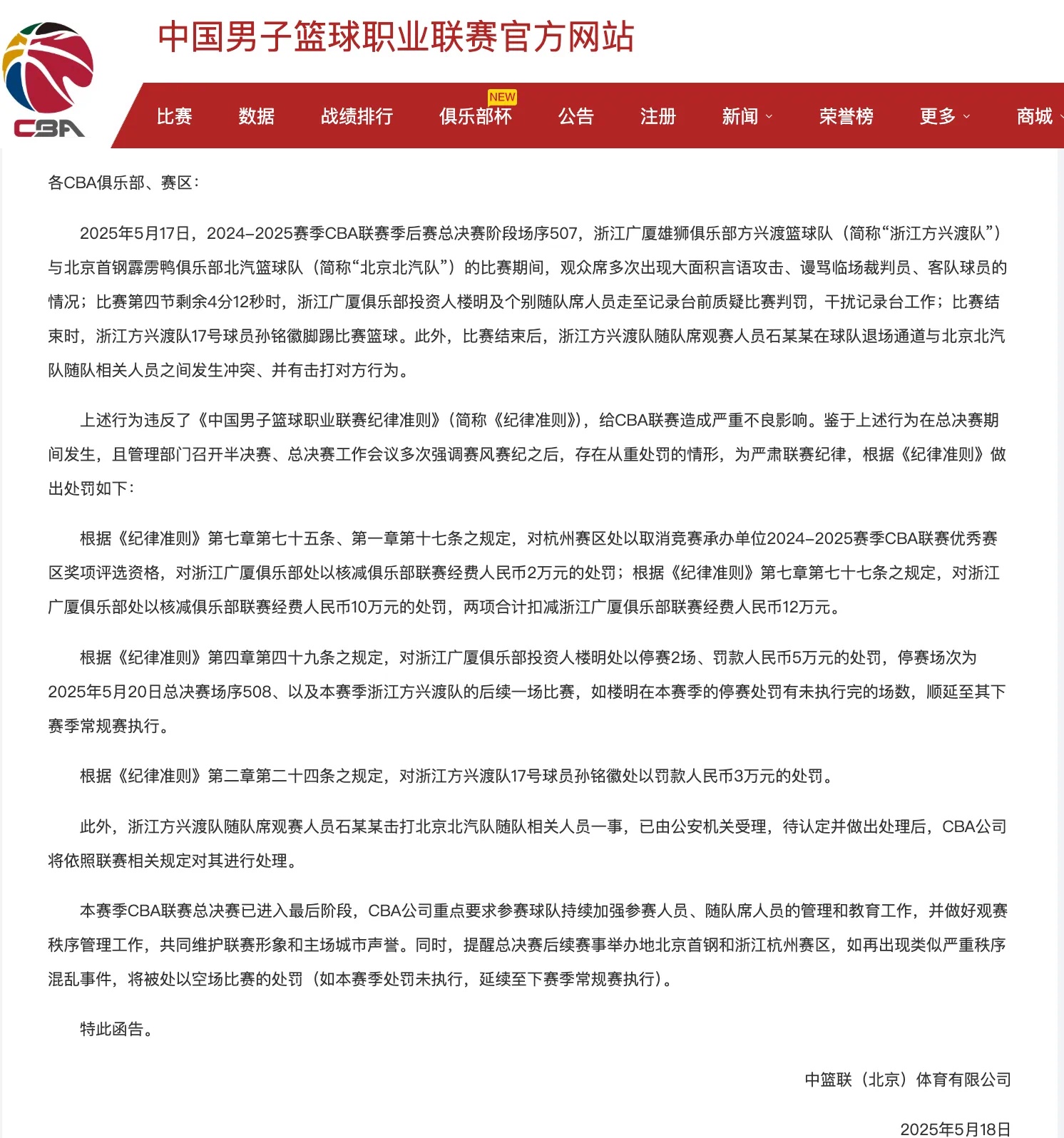 5月18日晚,CBA官网发布《CBA公司关于对浙江广厦沙龙、杭州赛区及浙江广厦沙龙相关人员处分的函》。以下为全文:各CBA沙龙、赛区:2025年5月17日,2024-2025赛季CBA联赛季后赛总决赛
...[详细]
5月18日晚,CBA官网发布《CBA公司关于对浙江广厦沙龙、杭州赛区及浙江广厦沙龙相关人员处分的函》。以下为全文:各CBA沙龙、赛区:2025年5月17日,2024-2025赛季CBA联赛季后赛总决赛
...[详细]
-
 3月19日,三国合肥前史文化馆首届花朝节在合肥市逍遥津公园内举办。融融春光下、阵阵花香里,很多汉服爱好者身着古装,或结伴赏春,或花下操琴,在享用春意的一起,回溯三国悠悠前史,品尝古韵风情。小科普:花朝
...[详细]
3月19日,三国合肥前史文化馆首届花朝节在合肥市逍遥津公园内举办。融融春光下、阵阵花香里,很多汉服爱好者身着古装,或结伴赏春,或花下操琴,在享用春意的一起,回溯三国悠悠前史,品尝古韵风情。小科普:花朝
...[详细]
-
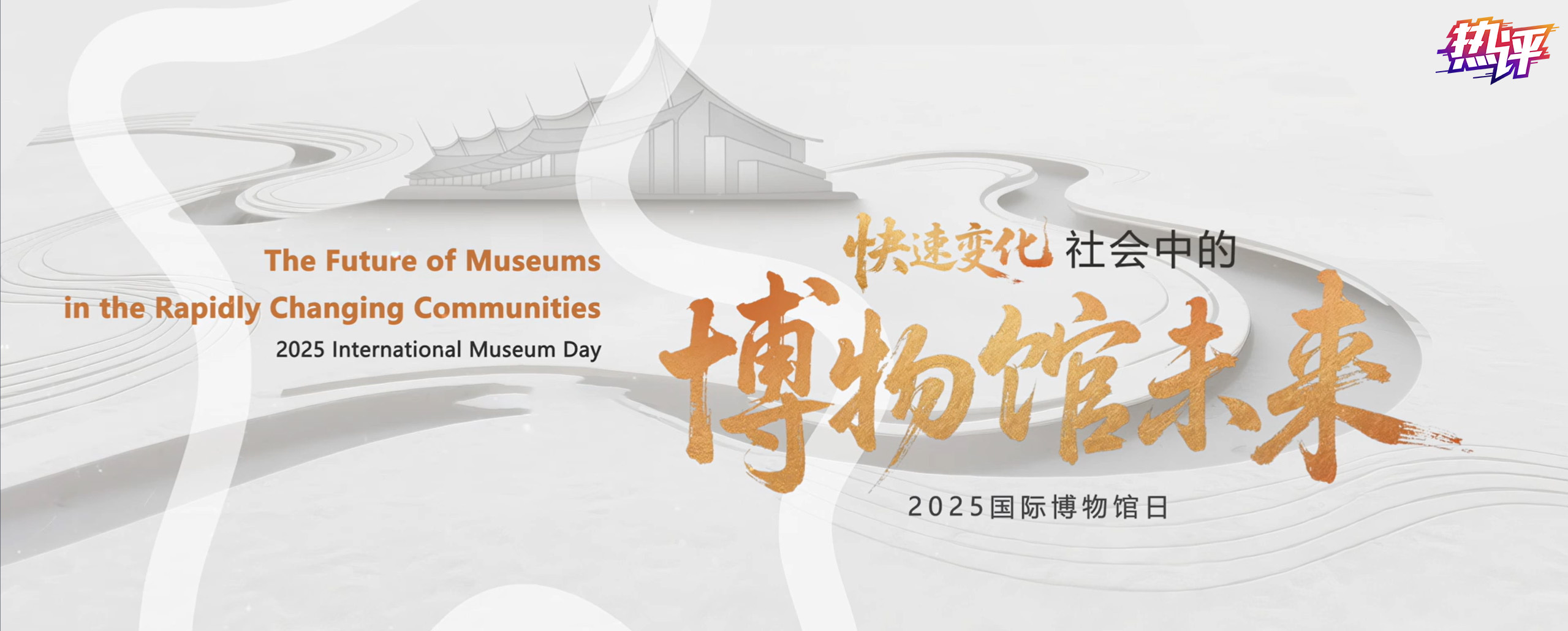 去河南洛阳古墓博物馆、内蒙古呼和浩特博物馆,跟着“剧本游”“文物盲盒”看常识怎样在“玩”中进入脑袋;去陕西咸阳秦汉考古基地、山东孔子博物馆,化身“考古学徒”“古籍修正师”去解锁“入坑”考古的榜首视角…
...[详细]
去河南洛阳古墓博物馆、内蒙古呼和浩特博物馆,跟着“剧本游”“文物盲盒”看常识怎样在“玩”中进入脑袋;去陕西咸阳秦汉考古基地、山东孔子博物馆,化身“考古学徒”“古籍修正师”去解锁“入坑”考古的榜首视角…
...[详细]
-
 据印度媒体报道,印度北部比哈尔邦近来接连遭受强风、暴雨等恶劣气候,导致建筑物倾倒,树木被连根拔起,到10日已有至少82人丧生。报道说,印度气象部门向比哈尔邦多个区域宣布橙色预警,估计灾害性气候将继续至
...[详细]
据印度媒体报道,印度北部比哈尔邦近来接连遭受强风、暴雨等恶劣气候,导致建筑物倾倒,树木被连根拔起,到10日已有至少82人丧生。报道说,印度气象部门向比哈尔邦多个区域宣布橙色预警,估计灾害性气候将继续至
...[详细]
-
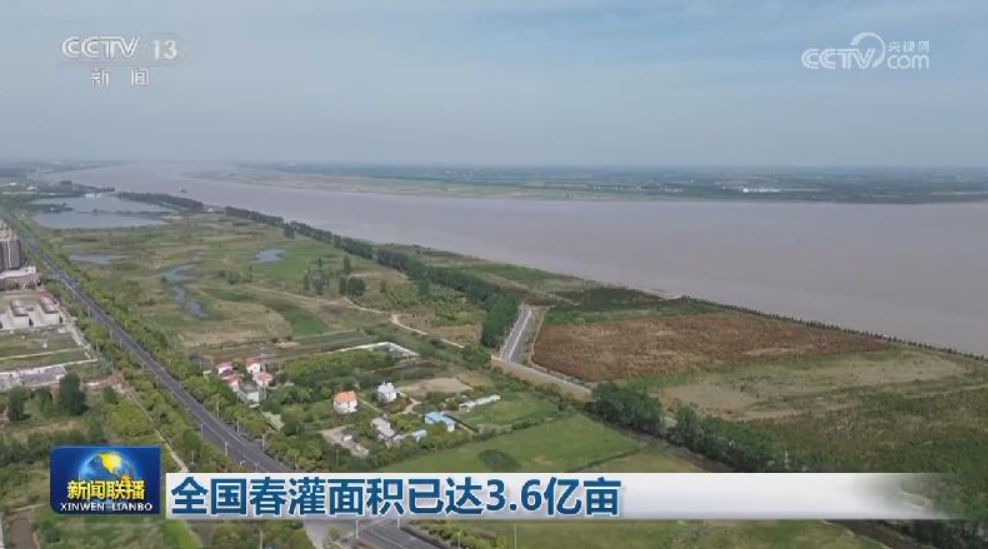 央视网音讯新闻联播):记者从水利部了解到,到5月中旬,本年全国均匀降水量较终年同期偏少近两成,首要江河来水量较终年同期偏少近三成。为全力保证粮食生产灌溉用水,水利部科学调度水工程,发挥大中型灌区主力军
...[详细]
央视网音讯新闻联播):记者从水利部了解到,到5月中旬,本年全国均匀降水量较终年同期偏少近两成,首要江河来水量较终年同期偏少近三成。为全力保证粮食生产灌溉用水,水利部科学调度水工程,发挥大中型灌区主力军
...[详细]
-
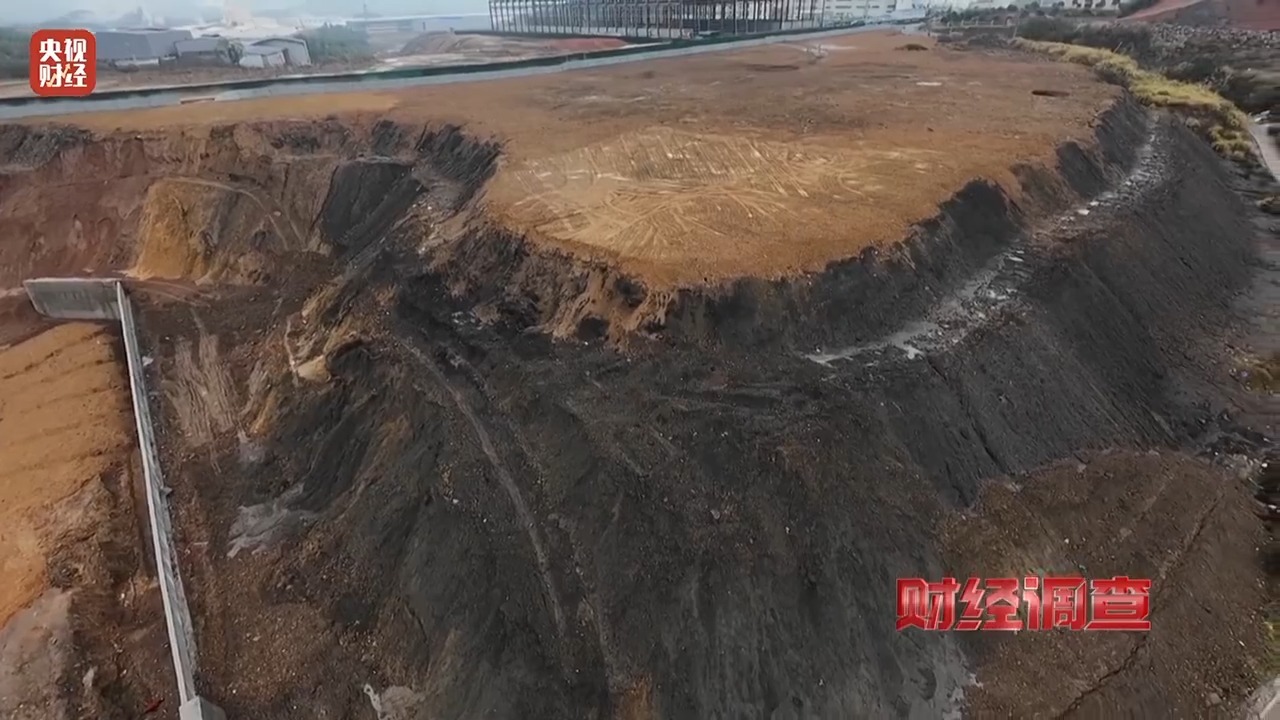 在江西的萍乡市湘东区,部分大众反映,当地在未实行相关批阅手续、无污染防治办法的情况下,从2021年起,萍乡市湘东区杨家田地块违规设置弃土场,构成一座十余米高、占地数百亩的“渣山”。而在岩下里地块,违规
...[详细]
在江西的萍乡市湘东区,部分大众反映,当地在未实行相关批阅手续、无污染防治办法的情况下,从2021年起,萍乡市湘东区杨家田地块违规设置弃土场,构成一座十余米高、占地数百亩的“渣山”。而在岩下里地块,违规
...[详细]
-
 央视网音讯。新闻联播):我国物流与收购联合会5月18日发布一季度冷链物流运转数据,在稳增加、促消费等方针的带动下,冷链物流需求稳中有升,市场规模继续扩展。本年一季度,冷链物流总额为2.21万亿元,同比
...[详细]
央视网音讯。新闻联播):我国物流与收购联合会5月18日发布一季度冷链物流运转数据,在稳增加、促消费等方针的带动下,冷链物流需求稳中有升,市场规模继续扩展。本年一季度,冷链物流总额为2.21万亿元,同比
...[详细]
-
 公民网讯 近来,卡塔尔半岛电视台网站刊登阿拉伯闻名政治经济学家穆斯塔法·优素福的署名文章。文章以为,在全球经济面对新一轮动乱之际,美国日前宣告的关税新政对错理性的,美方的自以为是将影响全球:美国民众将
...[详细]
公民网讯 近来,卡塔尔半岛电视台网站刊登阿拉伯闻名政治经济学家穆斯塔法·优素福的署名文章。文章以为,在全球经济面对新一轮动乱之际,美国日前宣告的关税新政对错理性的,美方的自以为是将影响全球:美国民众将
...[详细]
-
 今日5月18日),是第三十五个全国助残日,近年来,全社会活跃营建了解、尊重、关怀、协助残疾人的气氛和环境,2023年,我国残联印发计划,在全国推行残疾人自助合作恢复服务,一同去看看各地探究实践状况。0
...[详细]
今日5月18日),是第三十五个全国助残日,近年来,全社会活跃营建了解、尊重、关怀、协助残疾人的气氛和环境,2023年,我国残联印发计划,在全国推行残疾人自助合作恢复服务,一同去看看各地探究实践状况。0
...[详细]

 中方在世贸组织就美国“对等关税”表达激烈重视 引发广泛照应
中方在世贸组织就美国“对等关税”表达激烈重视 引发广泛照应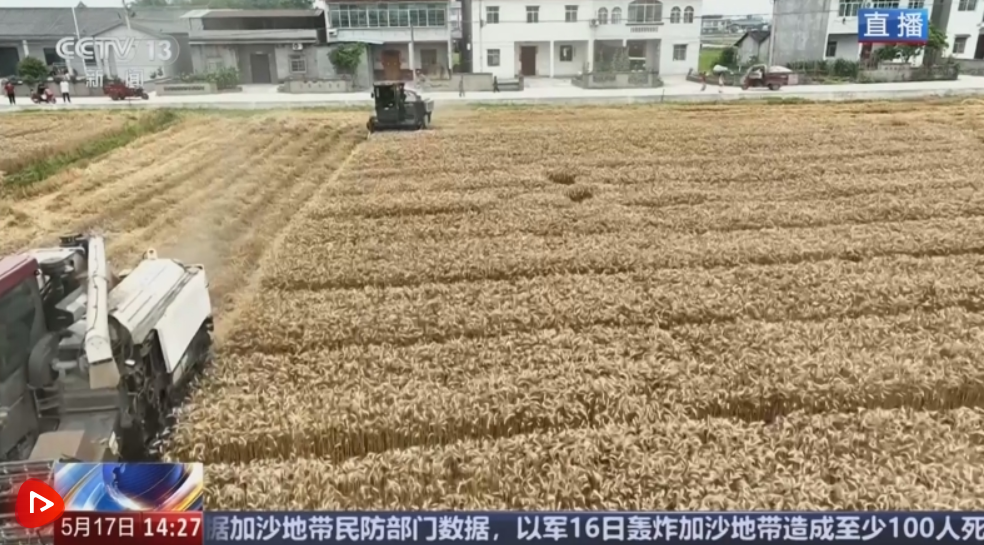 科技助力“三夏”敞开“加速度” 广袤郊野唱响丰盈赞歌
科技助力“三夏”敞开“加速度” 广袤郊野唱响丰盈赞歌 相约安徽·向春而行丨一路一景一特征 城市道路展新颜
相约安徽·向春而行丨一路一景一特征 城市道路展新颜 相约安徽·向春而行
相约安徽·向春而行 ChinaTravel便当度↑ 离境退税便当办法再晋级
ChinaTravel便当度↑ 离境退税便当办法再晋级
